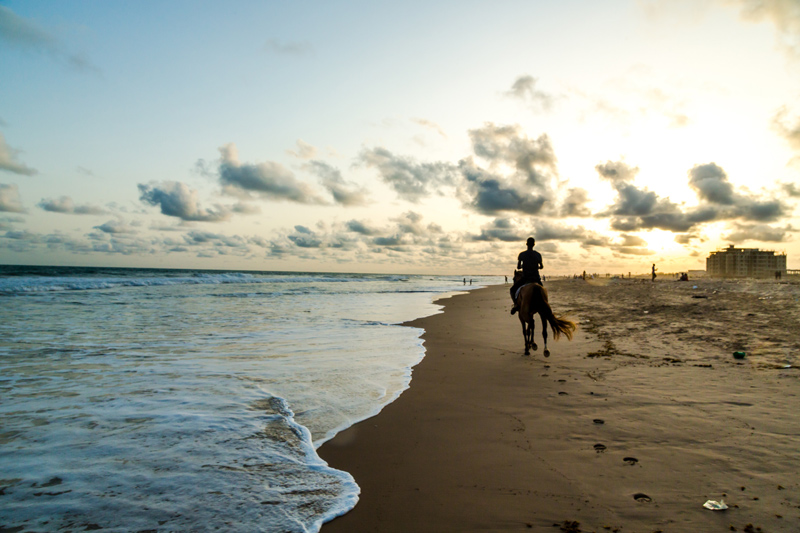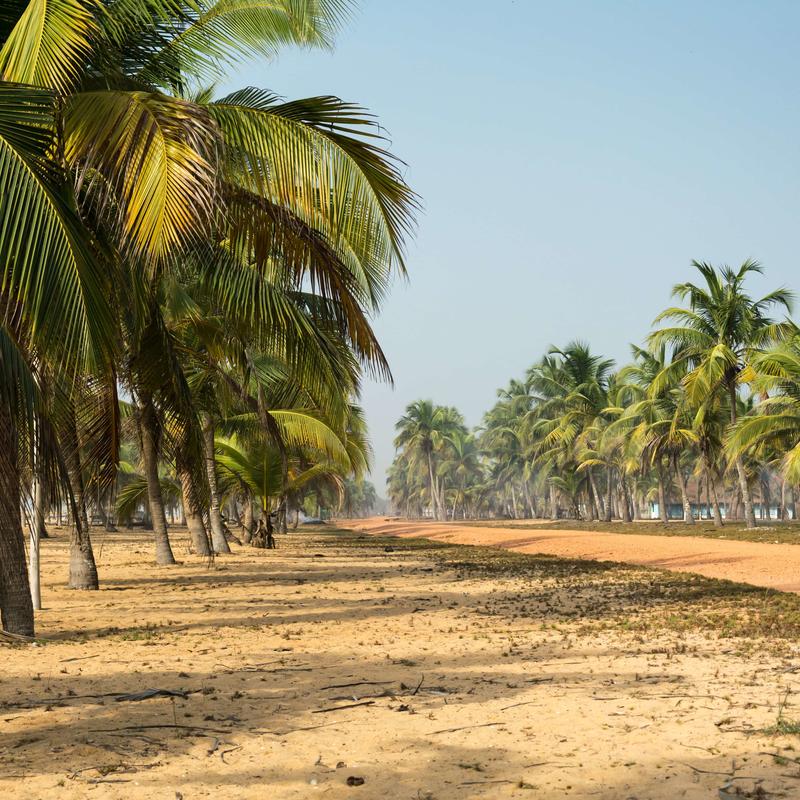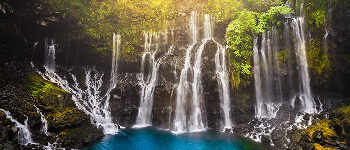Practical information
Formalities
Passport: Before departure, you must carry a passport valid beyond the end date of your trip. Non-Beninese nationals traveling to Benin must obtain a visa in advance.
Visa application
Your VISA application must be submitted online via the website https://evisa.bj/.

The information regarding customs and border formalities is provided for reference only.
Under no circumstances shall Corsair be held responsible if you fail to comply with the relevant regulations.
We also recommend contacting the General Consulate of Benin in France for any useful information and to help prepare your trip:
General Consulate of Benin in France
89 rue du Cherche Midi, 75006 PARIS – FRANCE
TEL: 01 42 22 13 14
paris@consulat-benin.fr
On site
Store hours
Most shops are open from Monday to Saturday, 9 a.m. to 1 p.m., then from 4 p.m. to 7 p.m.
Transportation
In Cotonou
For getting around the capital and other major cities in the country, you can choose between motorcycle taxis—known as "zémidjans," which means "take me quickly"—or regular taxis, recognizable by their orange license plates or yellow and green-painted bodies.
You can also take a minibus, which operates like a shared taxi but can carry between 10 and 20 passengers.
Between major cities
For long-distance travel between Beninese cities or to reach a neighboring country, you can take a coach bus, which runs on a fixed schedule and offers: assigned seating, air conditioning, fixed fares, and the ability to reserve a seat up to 24 hours before departure.
The main bus companies are: ATT, La Poste, Tundé, Confort Lines, and Pax Express.
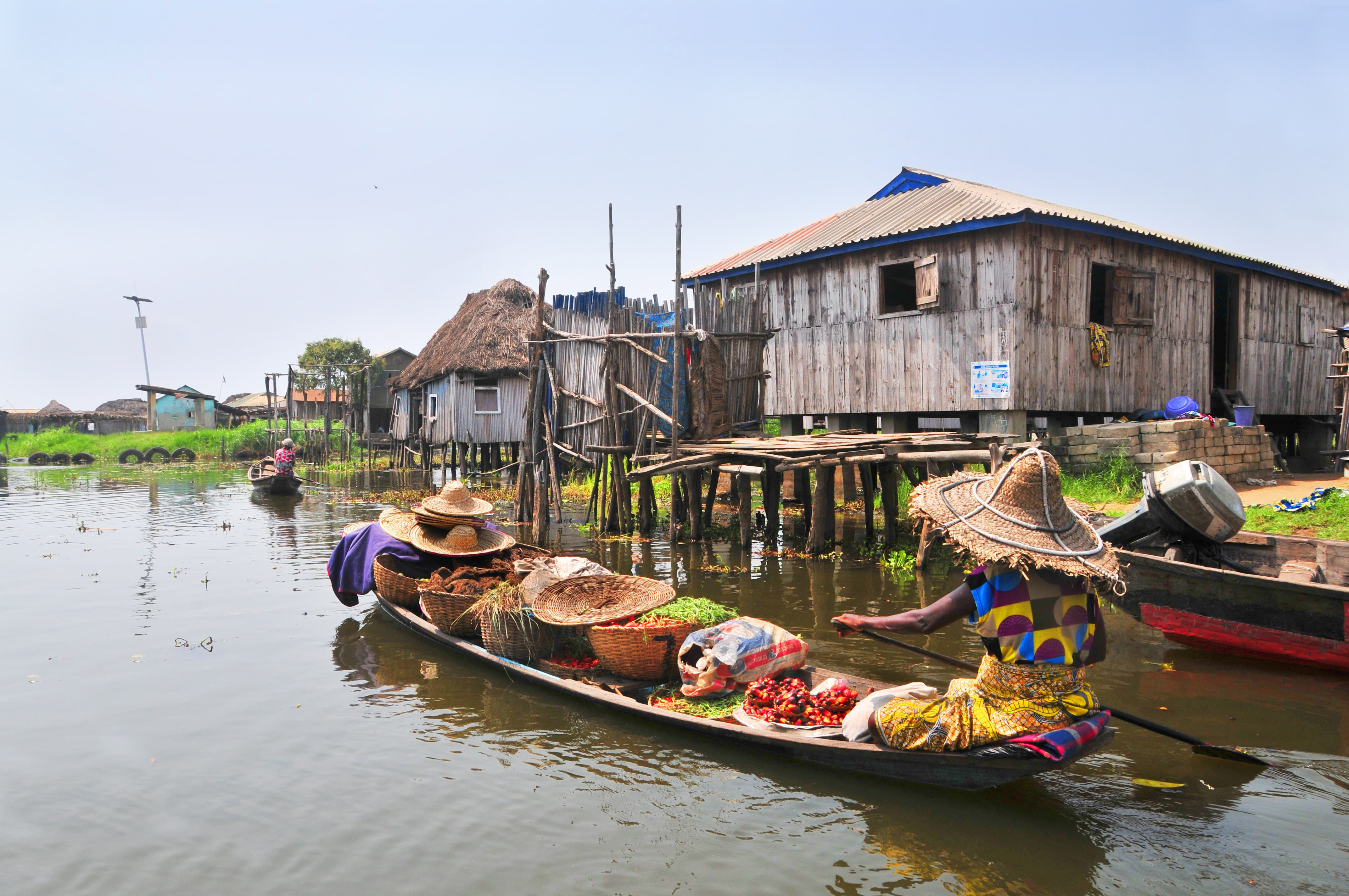
Safety
The areas and roads surrounding Banikoara, Kandi, Malanville, and Sagbana, as well as the southern part of Matéri down to Boukoumbé, border zones that are strongly advised against due to threats targeting Western nationals.
In Cotonou, it is best to avoid the port districts and those along the railway tracks in the city center at night. Caution is also advised in crowded areas, especially around the Dantokpa market, where pickpocketing is common.
Services
Banks and administrative offices are open from Monday to Friday, from 8 a.m. to 12:30 p.m., and from 3 p.m. to 6:30 p.m.
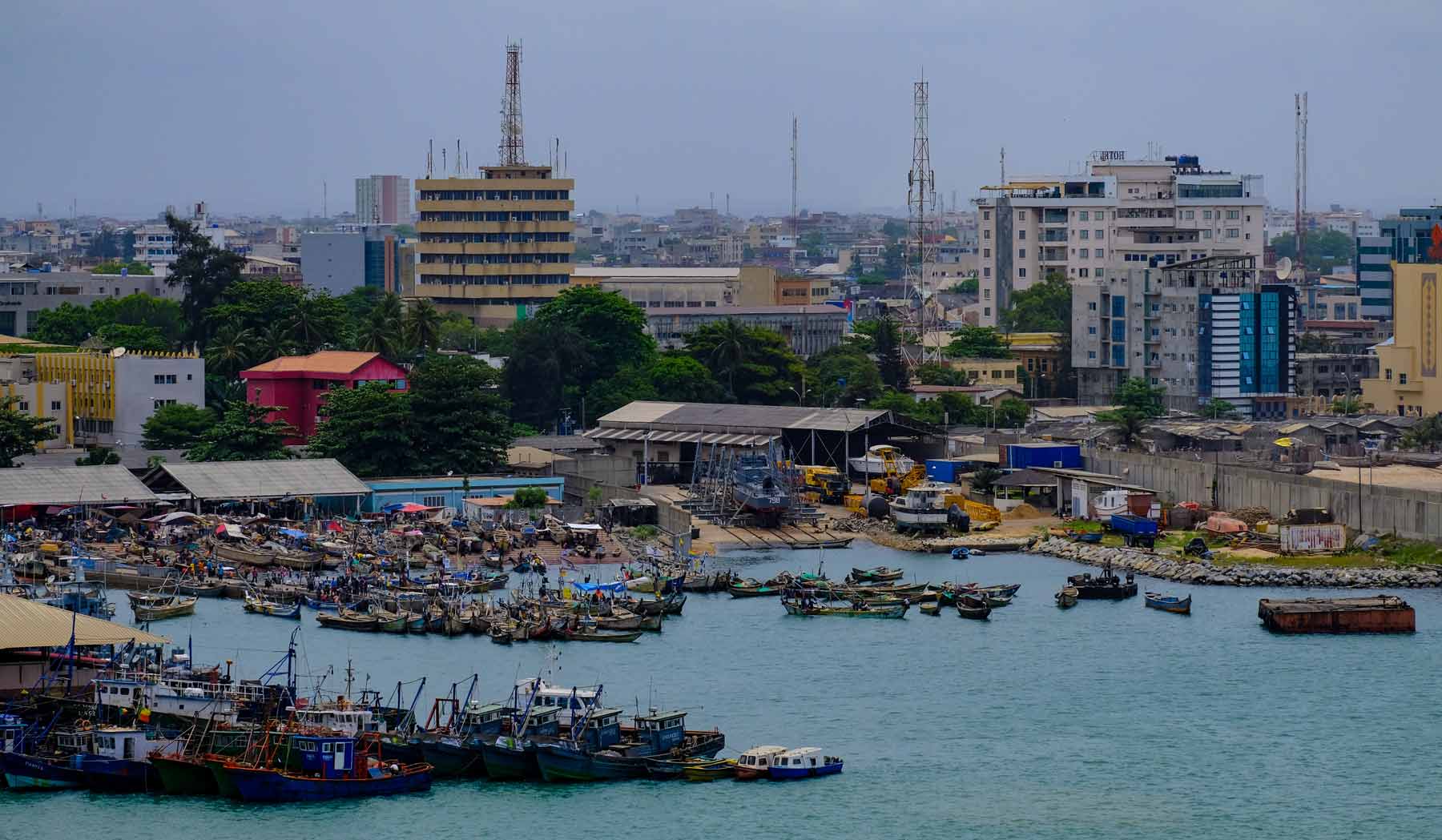
Must-sees
Highlights
Cotonou, the largest city in Benin
Cotonou is renowned across West Africa for its 20-hectare international market (Dantokpa), its secondary Missebo market located just a few meters from Dantokpa, and its "Zémidjans," the motorcycle taxis that help you get around every corner of the city.
In the southwest, you’ll find the Notre-Dame Cathedral of Cotonou, known for its unique red and white striped facade.
The Zinsou Foundation, established in 2005, is also a key venue for African contemporary art, Beninese culture, and traditional rituals.
Ouidah on the road to Togo
Along the “Route des Pêches,” you’ll find a stunning sandy road running between coconut groves and fishing villages right along the sea. The city is also home to dozens of voodoo convents and small, beautifully decorated temples.
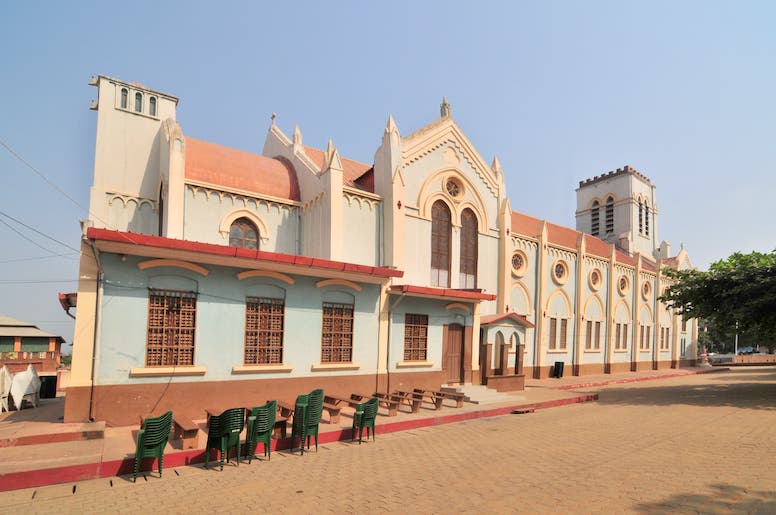
Porto-Novo, a historic city
About thirty kilometers east of Cotonou, Porto-Novo, the administrative capital and historic city, retains the charm of towns built in the late 19th century with Afro-Brazilian style buildings. Its quiet streets are perfect for visitors seeking a more peaceful atmosphere.
The great escape of Grand-Popo
Located an hour’s drive from Cotonou, Grand-Popo is a city famous for its beaches—ideal for enjoying the weather and the sea. A true fishing town, Grand-Popo is the perfect spot to unwind and recharge.
Go on safari in Pendjari National Park
This reserve is a true gem, home to a wide variety of wildlife. Pendjari National Park is the largest wildlife reserve in West Africa (275,000 hectares). It is inhabited by a large number of animals, including nearly 45,000 mammals, 800 elephants, and around 450 lions…
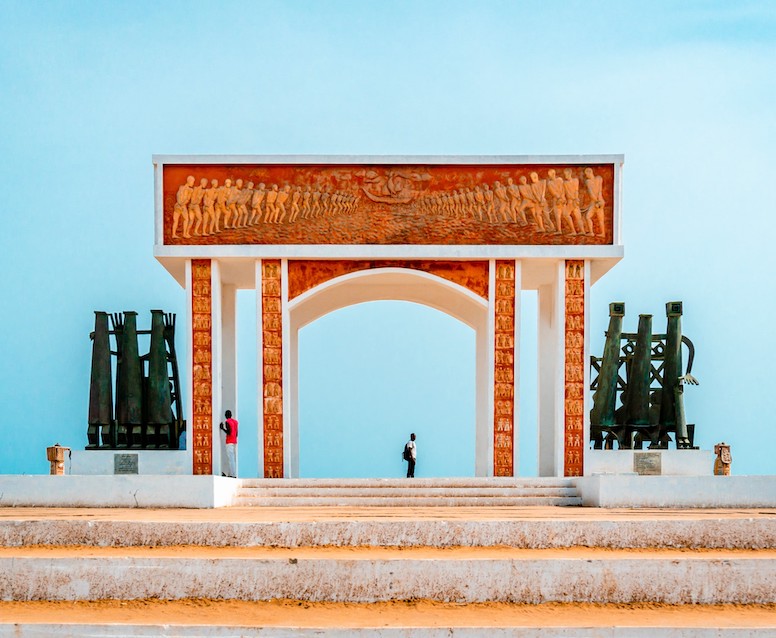
Gastronomy
Djèwo, a delicious cornmeal dish
"Djèwo" means "savory dough"—a corn-based paste typically served with saucy dishes made from chicken, turkey, or guinea fowl.
Watché, a Beninese staple
Found throughout the country from north to south, watché is a dish made of beans and rice. It’s often served with a tomato and chili-based sauce, and can be accompanied by "wangachi" cheese, meat, or fish.
Abló, a rice cake
A popular street food in the cities of the south, abló is a small rice flour "cake" typically eaten as a side with savory dishes.
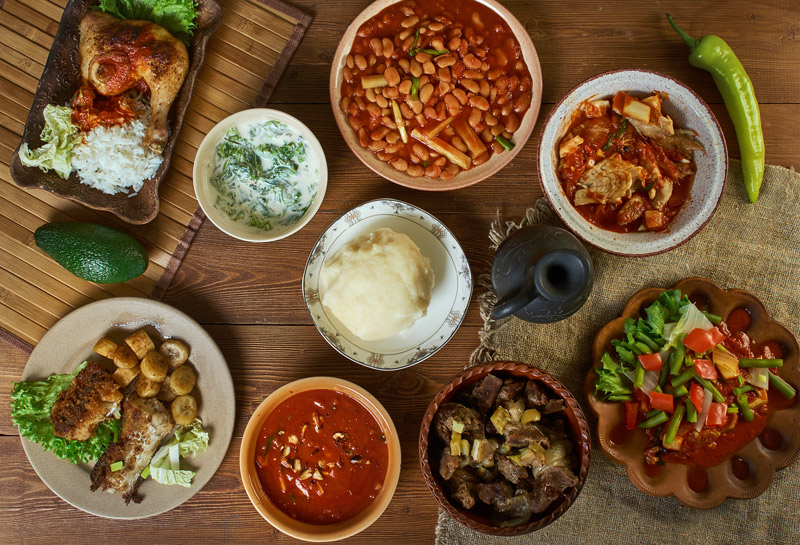
Culture
A rich and centuries-old cultural tradition
Spirituality and religious practice play a major role in Beninese culture. The country is the birthplace of Vodoun (or Voodoo), which means “That which cannot be explained, the effective power.” This religion aligns with the four elements of the cosmos: water, earth, air, and fire. Benin celebrates the National Vodoun Day on January 10, particularly in Ouidah and Grand-Popo. This celebration honors all religious practices of the country.
The former Kingdom of Dahomey
The Kingdom of Dahomey, or Danhomè, was a powerful African kingdom located in present-day Benin. It rose to prominence around 1600 following the decline of the Ashanti and Oyo kingdoms. Dahomey was one of the most well-organized kingdoms of its time, with advanced social, administrative, land, economic, and military structures. Since 1986, the Royal Palaces of Abomey have been listed as a UNESCO World Heritage Site, and their history is showcased at the Historical Museum of Abomey, which is open daily.
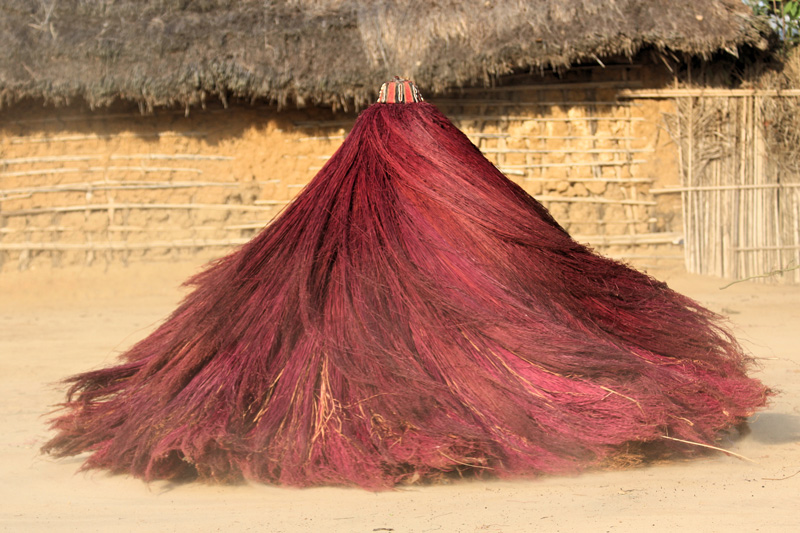
Climate
Benin enjoys a tropical climate, with a dry season in winter and a rainy season in summer. Maximum temperatures range from 32°C during the dry season to 28°C during the rainy season.
The best time to visit Benin is during the driest months, which fall between November and March. If you're near the coast, the climate can be pleasant as early as August.
